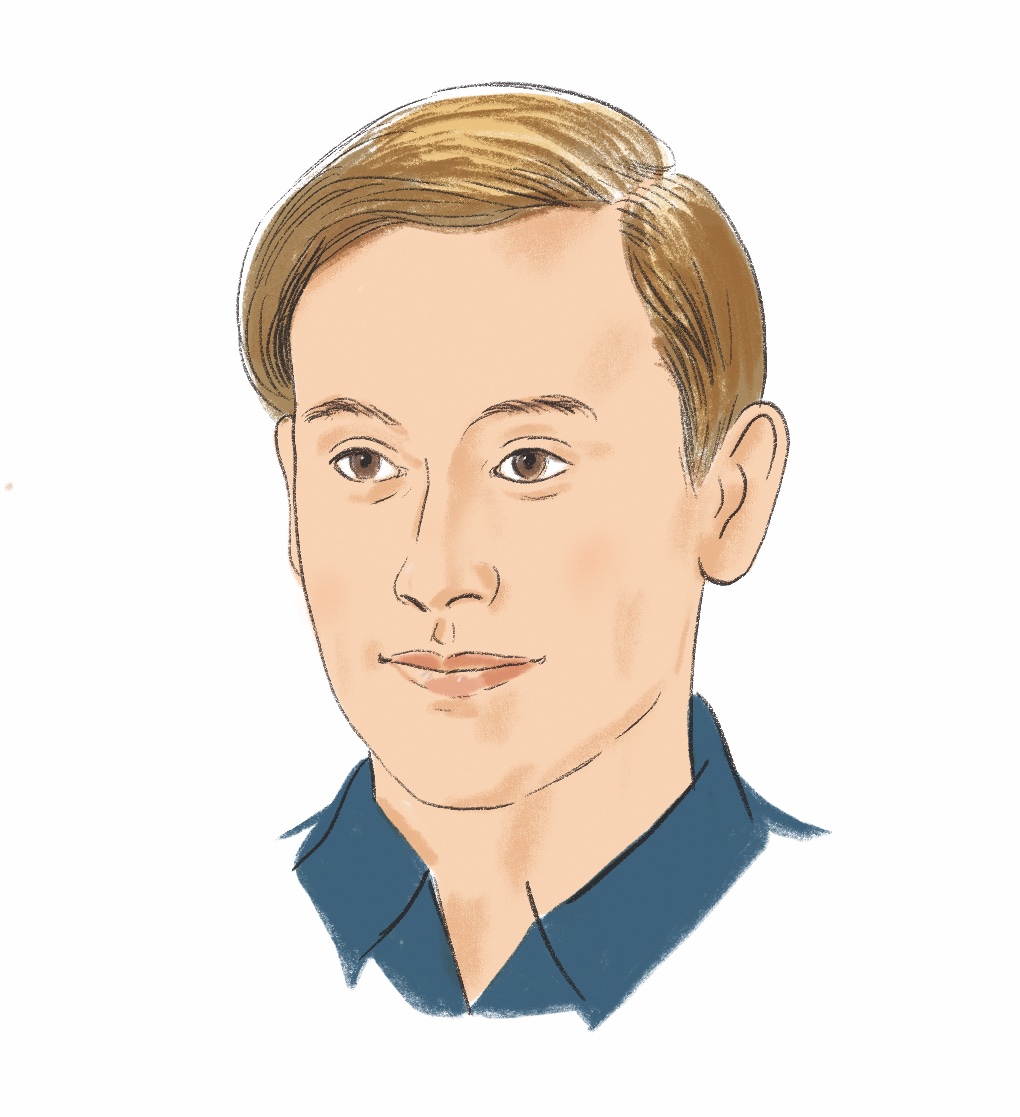

Every issue, GRAZIA USA highlights 17 Game Changers, who inspire, educate, and celebrate individuality, beauty, and style. Meet Tyler Henry, the Hollywood Medium, who has a new Netflix show, Life After Death with Tyler Henry, a new book, Here & Hereafter, and a national tour.
I got season one of Hollywood Medium when I was 19 years old and I’m in my “old age” of 26 now. Some time’s passed and for me, and if anything, it’s reiterated the importance of trying to maintain a sense of balance, the importance that we all have to place on self-care — especially when we’re in a job or we’re in an occupation where our energy is exchanged, or if there’s a depletion of energy. I think most people can relate to that.
Allowing time to work and then having time to put my medium hat on the hook and just be a human being is really important for me. So, I do maintain a number of routines. I think the term “ritual” has gotten kind of hijacked. We think of that as lighting candles or burning incense, but rituals and routines are very important for me to maintain a sense of groundedness, to be able to get through every day. I would encourage people to look at the routines that they’re emulating and to implement good ones, ones that are going to allow for soft places to fall throughout our day. If we can do that, I think we insulate ourselves with this really valuable structure that only our habits can give to us.
[During the filming of the Netflix show Life After Death with Tyler Henry], I was making a huge family discovery that culminated from an ancestry test. I basically discovered that the people I thought were my grandparents were not, and that my mom had been stolen as a baby. So for the first time, the show goes into my family origin and understanding my own identity. It was really strange to have the tables turned on me. I’m used to people typically expressing their innermost feelings and being vulnerable to me, but in the show I found myself crying more than I anticipated and really exploring that vulnerability myself.
I always say when it comes to losses — whether it’s in the past year or in general — there’s so much that we can learn from those who’ve passed. They never want their death to be what defines how we remember their lives. I always try to think of opportunities to introduce those we’ve lost into a world that will never know them physically.
For example, my grandmother and I were extremely close, and while I will never be able to introduce her to my new friends or people that I meet along the way, I can take the impact that my grandmother had on my life and the love that she gave me and the belief that she had in me, and I can remember what that felt like, and I can share that with other people. So, I think that when it comes to grief, the greatest way we can honor our grief is to take the legacy of the person’s life and introduce them, through our actions, to new people. In that way, they live on in a way that otherwise they may not have.
Death is truly the greatest of all equalizers. In my work, I read people from all walks of life, all different ideologies, all different cultures. I have found it really fascinating to see that the common vein that went through all of those people was a genuine need to connect, a genuine awareness of their grief, and wondering if there was more to life than what we see. When things are stripped away, we do have a lot more in common than different. If people had that understanding of each other, we would obviously live in a much more united world.
— As told to Melissa Cronin
Pick up GRAZIA USA’s March 2022 issue on newsstands and email [email protected] to subscribe.













